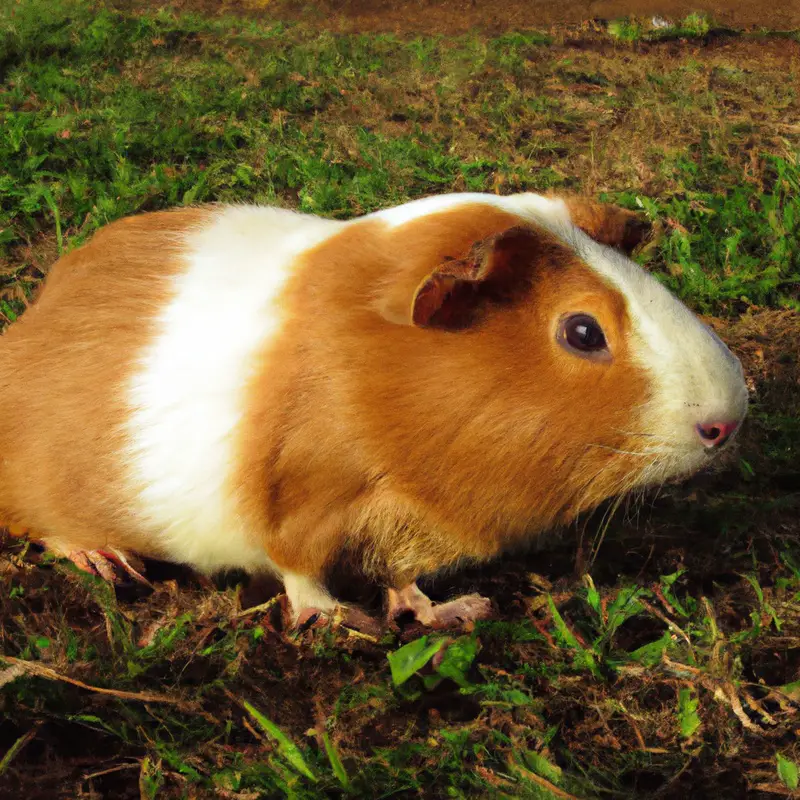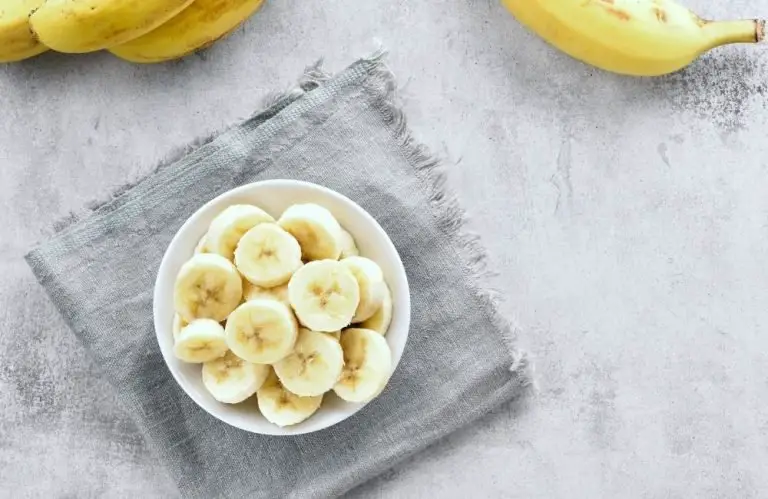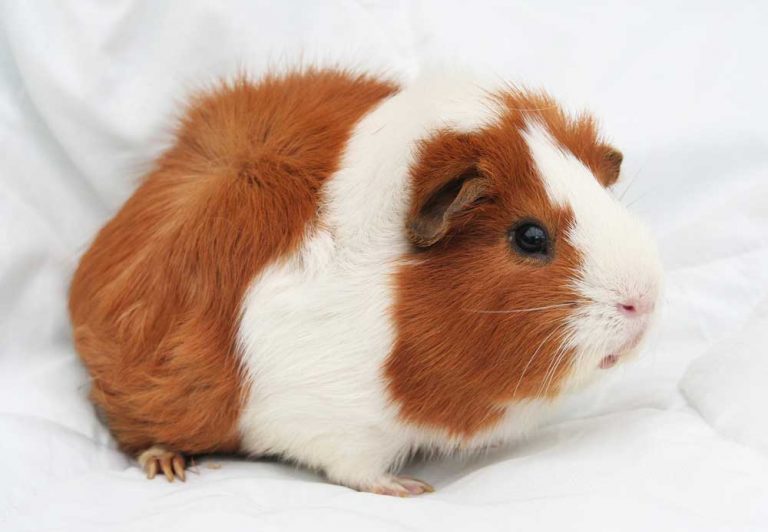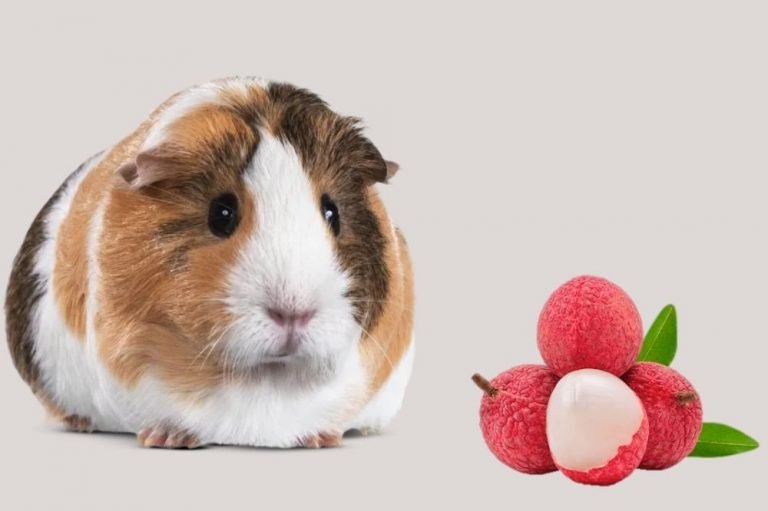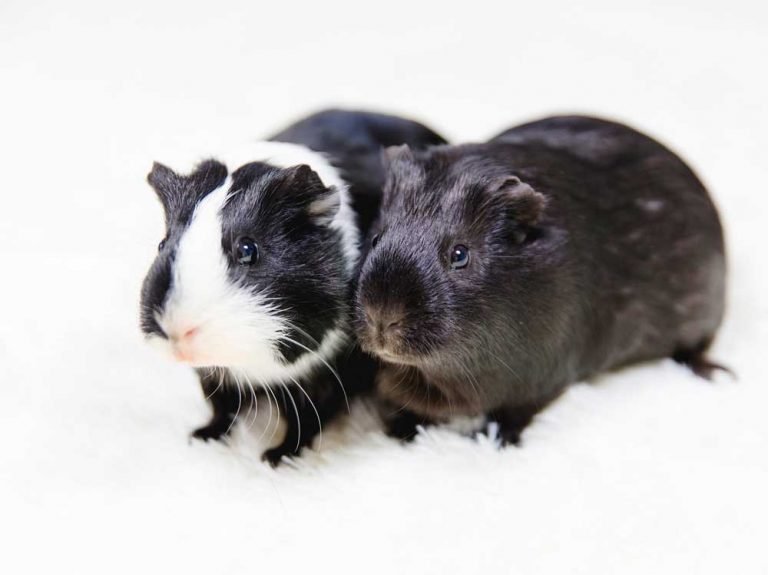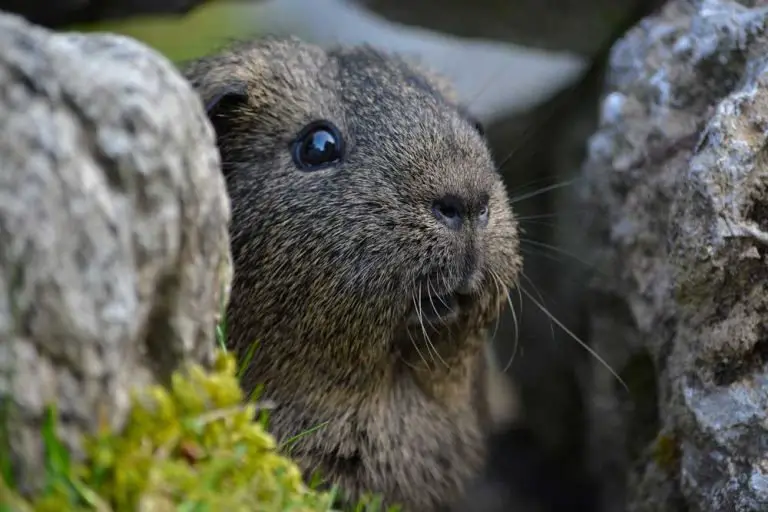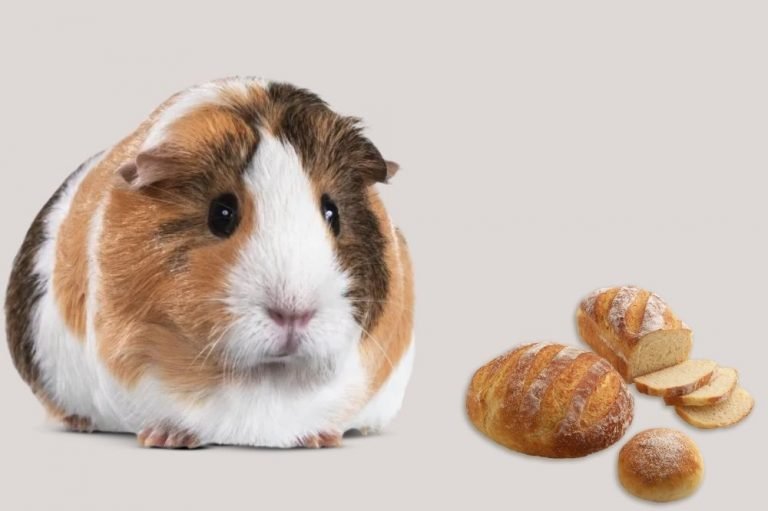Can Guinea Pigs Eat Weeds? Explained
Key Takeaways:
- Guinea pigs can eat certain types of weeds as part of their diet.
- Not all weeds are safe for guinea pigs to eat, some can be toxic and should be avoided.
- Always research and identify the specific type of weed before feeding it to your guinea pig.
- It is recommended to consult with a veterinarian to ensure the safety of feeding weeds to your guinea pig.
Are you wondering if your guinea pig can munch on those wild plants growing in your backyard? Well, you’re in the right place! In this article, we’ll explore the age-old question: Can guinea pigs eat weeds?
And the answer might surprise you! We’ll discuss the types of weeds that are safe for guinea pigs to eat, as well as the precautions you should take before introducing them to your furry friend’s diet.
Plus, we’ll delve into the benefits of feeding weeds to guinea pigs and the potential risks you need to be aware of. So, let’s dive in and find out if your guinea pig can enjoy a weed-filled feast!
| Weed | Safe for Guinea Pigs? |
| Dandelion | Yes |
| Chickweed | Yes |
| Clover | Yes |
| Purslane | Yes |
| Plantain | Yes |
| Nettle | Yes |
| Lambsquarters | Yes |
| Pigweed | No |
| Bindweed | No |
| Thistle | No |
Can guinea pigs eat weeds?
Yes, guinea pigs can eat some types of weeds, but it’s important to know which ones are safe for them.
Types of weeds that are safe for guinea pigs to eat
Certain weeds can be a healthy addition to a guinea pig’s diet. Here are some weeds that are safe for them to eat:
- Dandelion: Guinea pigs love dandelion leaves and flowers. They are packed with vitamins and minerals.
- Clover: Both red and white clover can be given to guinea pigs. It’s a great source of fiber.
- Plantain: Plantain leaves are safe for guinea pigs and can help with digestion.
- Chickweed: This weed has high water content and is a good source of vitamin C for your guinea pig.
Remember to always wash the weeds thoroughly before offering them to your guinea pig. It’s best to introduce new foods slowly to avoid any digestive issues.
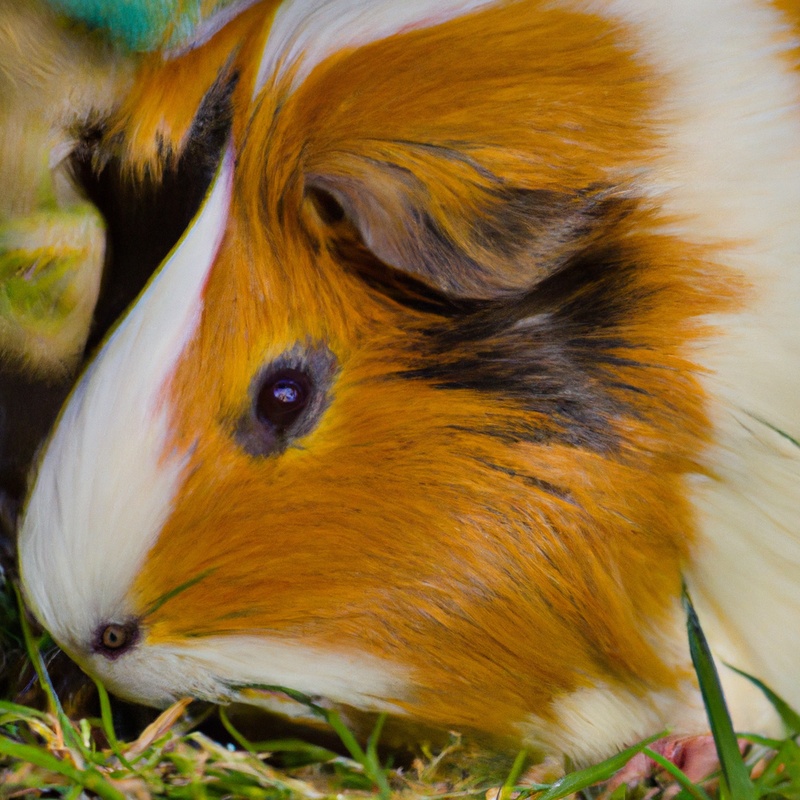
Precautions to take while feeding weeds to guinea pigs
Before introducing any new food to your guinea pig’s diet, it’s important to take certain precautions.
When feeding weeds to guinea pigs, follow these guidelines to ensure their safety and well-being:
- Identify the weeds: Make sure you can accurately identify the weeds you plan to feed your guinea pig. Some plants may be toxic or harmful to them.
- Wash thoroughly: Rinse the weeds thoroughly to remove any dirt, pesticides, or chemicals that may be present.
- Introduce gradually: Start by offering a small amount of weeds to your guinea pig and monitor their reaction. If there are no adverse effects, you can gradually increase the amount over time.
- Variety is key: While some weeds are safe for guinea pigs, it’s important to offer a diverse range of vegetables and hay for a balanced diet.
- Avoid roadside weeds: Steer clear of weeds that may have been exposed to pollution from vehicles or chemicals from nearby agricultural fields.
- Organic is best: Whenever possible, opt for organic or pesticide-free weeds to minimize the risk of chemical contamination.
Benefits of feeding weeds to guinea pigs
Feeding weeds to guinea pigs has several benefits.
Nutritional value of weeds for guinea pigs
Weeds can actually be a nutritious addition to a guinea pig’s diet.
They are high in fiber, which helps maintain a healthy digestive system.
Weeds also provide a variety of vitamins and minerals, such as vitamin C and calcium.
However, not all weeds are safe for guinea pigs to eat, so it’s important to identify and avoid any toxic varieties.
Always introduce new foods gradually and monitor your guinea pig’s response.
Some safe weeds to try include dandelion greens, clover, and plantain.
How weeds can provide natural foraging and mental stimulation for guinea pigs
Weeds can be a great source of natural foraging and mental stimulation for guinea pigs. When guinea pigs are given access to a variety of weeds, they can mimic their natural behaviors of searching and nibbling for food.
This not only keeps them physically active but also provides mental enrichment as they have to explore and make choices.
Just make sure to identify safe and non-toxic weeds for your guinea pigs to enjoy. Some examples include dandelion greens, clover, and plantain.
Always introduce new foods gradually and ensure they are fresh and pesticide-free.
Happy foraging!
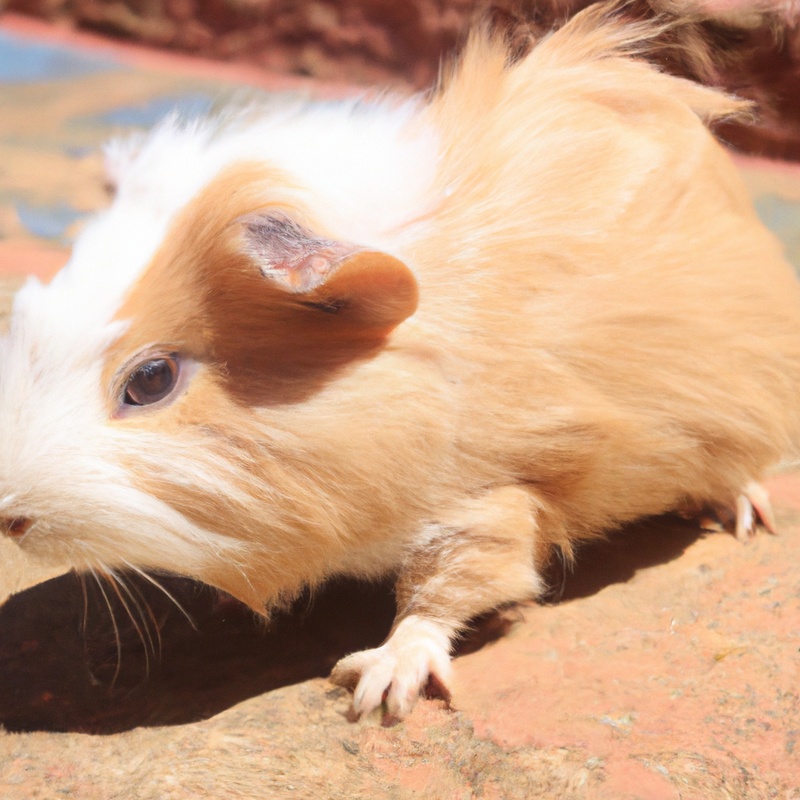
Risks and considerations of feeding weeds to guinea pigs
When feeding weeds to guinea pigs, there are some important risks and considerations to keep in mind.
Toxic weeds that should be avoided
Some weeds can be toxic to guinea pigs and should be avoided.
Here are a few examples of toxic weeds that you should keep away from your furry friends:
- Daisies: While daisies may seem harmless, they can actually be toxic to guinea pigs if consumed in large quantities.
- Buttercups: Buttercups contain a substance called ranunculin, which can cause irritation and blistering in the mouth and digestive tract of guinea pigs.
- Hemlock: Hemlock is extremely toxic to guinea pigs and should be avoided at all costs.
- Nightshade: Nightshade plants, such as deadly nightshade and woody nightshade, can be poisonous to guinea pigs.
- Foxglove: Foxglove contains compounds that are toxic to guinea pigs and can cause heart problems if ingested.
It’s important to always research and be cautious about the plants and weeds you offer to your guinea pigs.
If you’re unsure about a specific weed, it’s best to err on the side of caution and avoid it altogether.
Quantity and frequency of feeding weeds to guinea pigs
When it comes to feeding weeds to guinea pigs, it’s important to consider the quantity and frequency.
You should only offer weeds as a treat and not as a staple part of their diet.
A small handful of fresh weeds once or twice a week is sufficient.
Make sure the weeds are clean, free from pesticides, and come from a safe source.
Remember to introduce new weeds gradually and monitor your guinea pig’s reaction to ensure they tolerate them well.
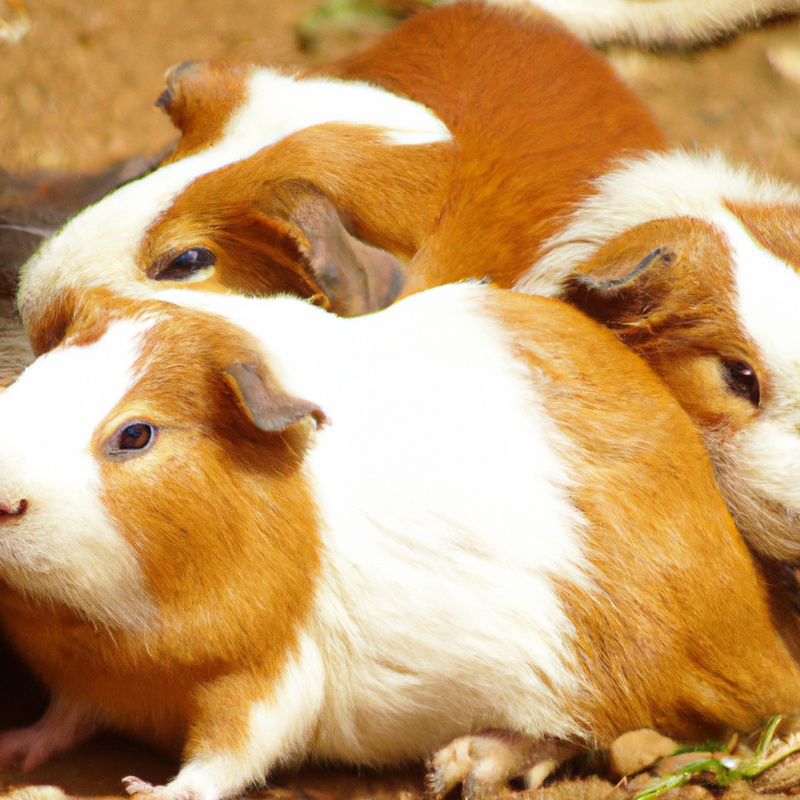
Monitoring guinea pigs for any adverse reactions
When feeding weeds to your guinea pigs, it is important to monitor them for any adverse reactions. Watch out for signs of digestive upset such as diarrhea, bloating, or unusual changes in appetite.
Keep an eye on their behavior and energy levels too – any sudden changes could indicate a problem.
If you notice any adverse reactions, consult a veterinarian immediately for further guidance. Regular monitoring is crucial to ensure the well-being of your furry friend.
Proper preparation and introduction of weeds into a guinea pig’s diet
To safely add weeds to your guinea pig’s diet, make sure to properly clean and wash them before feeding. Gradually introduce small amounts of weeds to their diet to avoid any digestive issues.
Cleaning and washing weeds before feeding
Cleaning and washing weeds before feeding is important to ensure the health and safety of your guinea pig. You should thoroughly rinse the weeds to remove any dirt, pesticides, or other harmful substances.
Gently shake off excess water before offering the cleaned weeds to your furry friend.
It’s best to use organic weeds or those that have not been exposed to chemicals. Always double-check for any signs of contamination before serving them to your beloved guinea pig.
Gradually introducing weeds to guinea pigs’ diet
To gradually introduce weeds to your guinea pig’s diet, start by offering small amounts of one type of weed at a time.
This allows their digestive system to adjust.
Be cautious and avoid weeds that may be toxic to guinea pigs.
Slowly increase the amount of weeds over several weeks, monitoring your guinea pig’s reaction and overall health.
It’s important to research and identify safe and nutritious weeds, such as dandelion greens and clover, before introducing them to your guinea pig’s diet.
Regularly consult with a veterinarian to ensure your guinea pig’s well-being.
Other healthy treats and suitable food alternatives for guinea pigs
You can offer safe fruits and vegetables as healthy treats to your guinea pig, along with exploring commercial guinea pig food options.
Safe fruits and vegetables guinea pigs can eat
Guinea pigs can enjoy a variety of fruits and vegetables as part of their diet. Some safe options include bell peppers, carrots, cucumbers, and leafy greens like lettuce and spinach.
It’s important to introduce new foods gradually and in small portions to avoid digestive issues.
Remember to wash the produce thoroughly and remove any seeds or pits that can be harmful. Providing a varied diet with different textures and flavors will help keep your guinea pig healthy and happy.
Commercial guinea pig food options
Commercial guinea pig food options typically consist of pellet mixes specially formulated for their nutritional needs.
These pellets are a convenient and balanced option, providing the necessary vitamins and minerals to support your guinea pig’s health.
Look for brands that have high-quality ingredients, such as Timothy hay or alfalfa as the main ingredient.
It’s important to supplement these pellets with fresh vegetables, such as bell peppers, carrots, and leafy greens, to ensure a well-rounded diet for your furry friend.
Frequently Asked Questions
Can guinea pigs eat dandelions?
Yes, guinea pigs can eat dandelions.
Dandelions are safe and healthy for guinea pigs to consume.
They provide a good source of vitamins and minerals for their diet.
However, it’s important to make sure the dandelions are free from pesticides or other chemicals.
Wash them thoroughly before feeding them to your guinea pig.
Offer dandelions in moderation as part of a balanced diet.
How do I identify safe weeds for guinea pigs?
To identify safe weeds for guinea pigs, you should consider the following:
- Familiarize yourself with common edible weeds: Research and learn about weeds that are safe for guinea pigs to consume. Some examples include dandelions, clover, and plantain.
- Avoid toxic plants: Make sure to avoid feeding your guinea pig any weeds that are known to be toxic to them. Examples of toxic plants include foxgloves, hemlock, and nightshade.
- Observe the environment: If you’re unsure about a particular weed, check if it grows in an area where pesticides/herbicides are used. Avoid giving your guinea pig weeds from such areas to prevent ingestion of harmful substances.
- Start with small quantities: Introduce new weeds gradually and in small amounts. Monitor your guinea pig for any adverse reactions. If there are no negative effects, you can continue feeding them that particular weed.
Remember, it’s always best to consult with a veterinarian who specializes in exotic animals for specific guidance.
Can guinea pigs eat weeds from my garden?
Yes, guinea pigs can eat some types of weeds from your garden. However, it’s important to be cautious and only offer them safe and edible weeds.
Some safe options include dandelion greens, clover, plantain, and chickweed.
Always make sure to wash the weeds thoroughly before giving them to your furry friend. Avoid feeding them weeds that have been treated with chemicals or that you are unsure about.
Additionally, it’s always a good idea to introduce new foods gradually and observe for any adverse reactions.
Can guinea pigs eat weeds from parks or public areas?
Yes, guinea pigs can eat some weeds from parks or public areas, but you need to be very cautious.
Some weeds can be toxic to guinea pigs, so it’s crucial to know which ones are safe.
Avoid weeds that have been treated with pesticides or chemicals.
Safe options include dandelion leaves, clover, plantain, and grass.
Always wash the weeds thoroughly to remove any dirt or contaminants before feeding them to your guinea pig.
Additionally, make sure the weeds are free from any potential hazards like parasites or droppings from other animals.
It’s best to consult with a veterinarian to ensure the weeds you choose are safe for your guinea pig’s consumption.
What should I do if my guinea pig shows signs of illness after eating weeds?
If your guinea pig shows signs of illness after eating weeds, it’s important to take action quickly.
Here’s what you can do:
- Contact your veterinarian: Reach out to your vet and explain the situation. They will be able to provide guidance and recommend the best course of action.
- Observe your guinea pig: Pay close attention to any changes in behavior, appetite, or bathroom habits. Take note of any specific symptoms or signs of distress.
- Remove the weeds: If you can identify the specific type of weed your guinea pig consumed, remove it from their environment to prevent further ingestion.
- Provide supportive care: Offer fresh water, hay, and a small amount of their regular food. Ensure a warm and comfortable environment for your guinea pig to recover.
- Follow your vet’s advice: Your vet may advise you to bring your guinea pig in for an examination or provide specific instructions for monitoring their condition. Follow their guidance closely for the best outcome.
Final Verdict
Guinea pigs can indeed eat certain types of weeds, as long as they are safe and free from any toxic substances. Weeds can offer numerous benefits for guinea pigs, including nutritional value, natural foraging, and mental stimulation.
However, it is essential to exercise caution by avoiding toxic weeds and monitoring the quantity and frequency of feeding.
Proper preparation and introduction of weeds into a guinea pig’s diet are also crucial. Additionally, there are alternative healthy treats and suitable food options available for guinea pigs to ensure a well-balanced diet.
Ultimately, providing guinea pigs with safe and appropriate weeds can contribute to their overall health and well-being.

